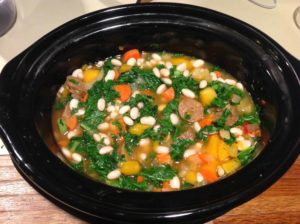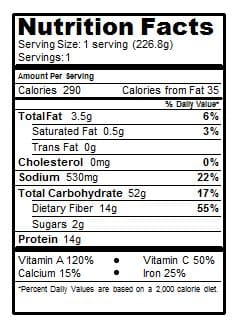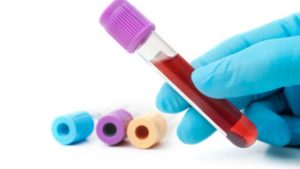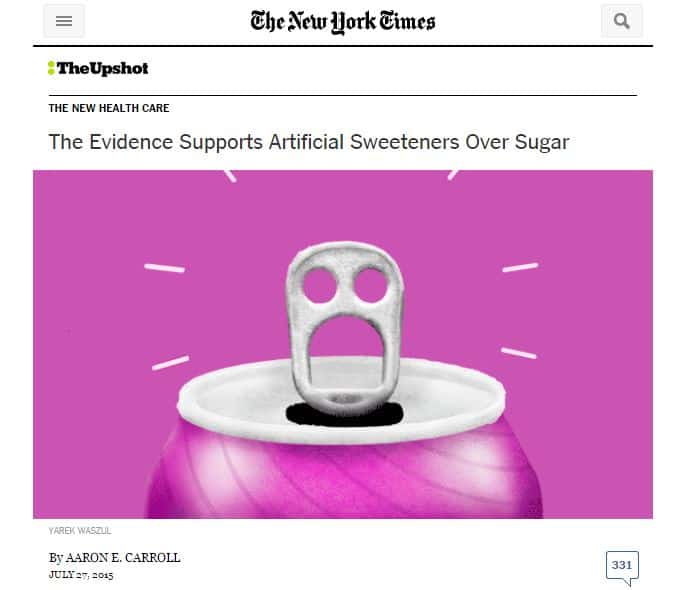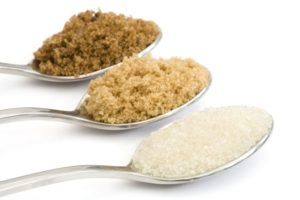In her latest column for the Washington Post, Tamar Haspel caused quite a ruckus by attacking salad as “overrated.” LOTS of you wrote asking what I thought of her assertion that salad is devoid of nutrition, bad for the planet, and bad for our health.
One of her main complaints is that salad vegetables are high in water, which she finds nutritionally irrelevant. But water is hardly a nutritional non-entity. The human body requires 2-3 liters a day and foods like salad vegetables are an excellent way to meet some of this need.
Now, if you’re looking for foods that pack a lot of calories into a small space (you’re hiking the Appalachian Trail, perhaps, or gaining weight for your next movie role), then lettuce and cucumbers are probably not your best best. But most of us are looking for the opposite: foods that help us feel full without overloading us with too many calories. In which case, vegetables high in water are your friend.
See also: Nutrient density vs. energy density
As for the charge that shipping lettuce around the world is just an expensive way to move refrigerated water from place to place, I think I’d probably wage that campaign against diet soda first. You can also try buying your produce locally.
But, she continues, all that water also means that salad vegetables don’t provide any meaningful amounts of vitamins and minerals. Continue reading “Why salad is NOT overrated”


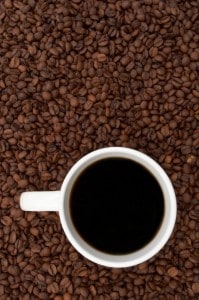
![super-foods[1]](https://nutritionovereasy.com/wp-content/uploads/2015/08/super-foods1-300x198.jpg)
